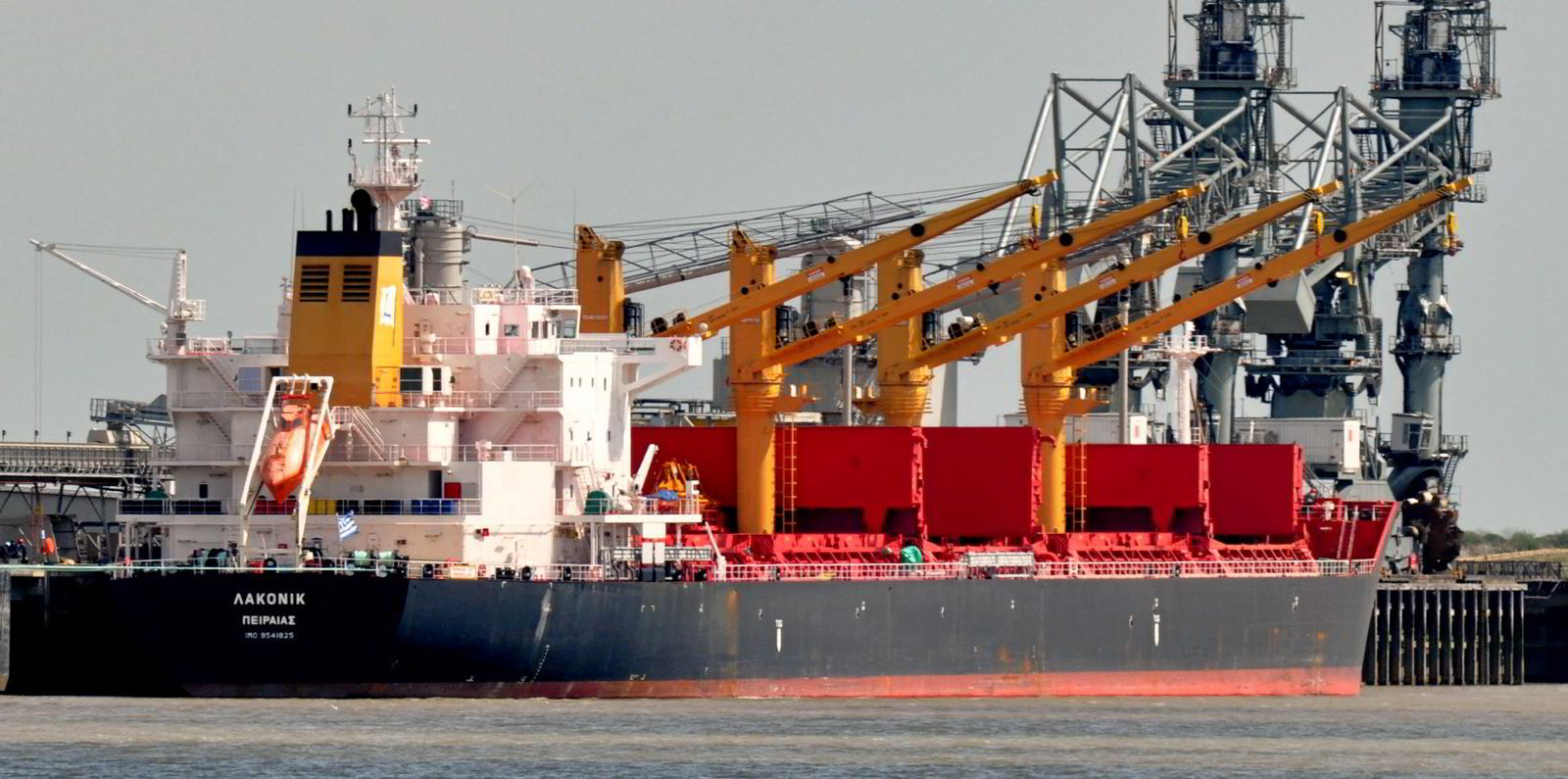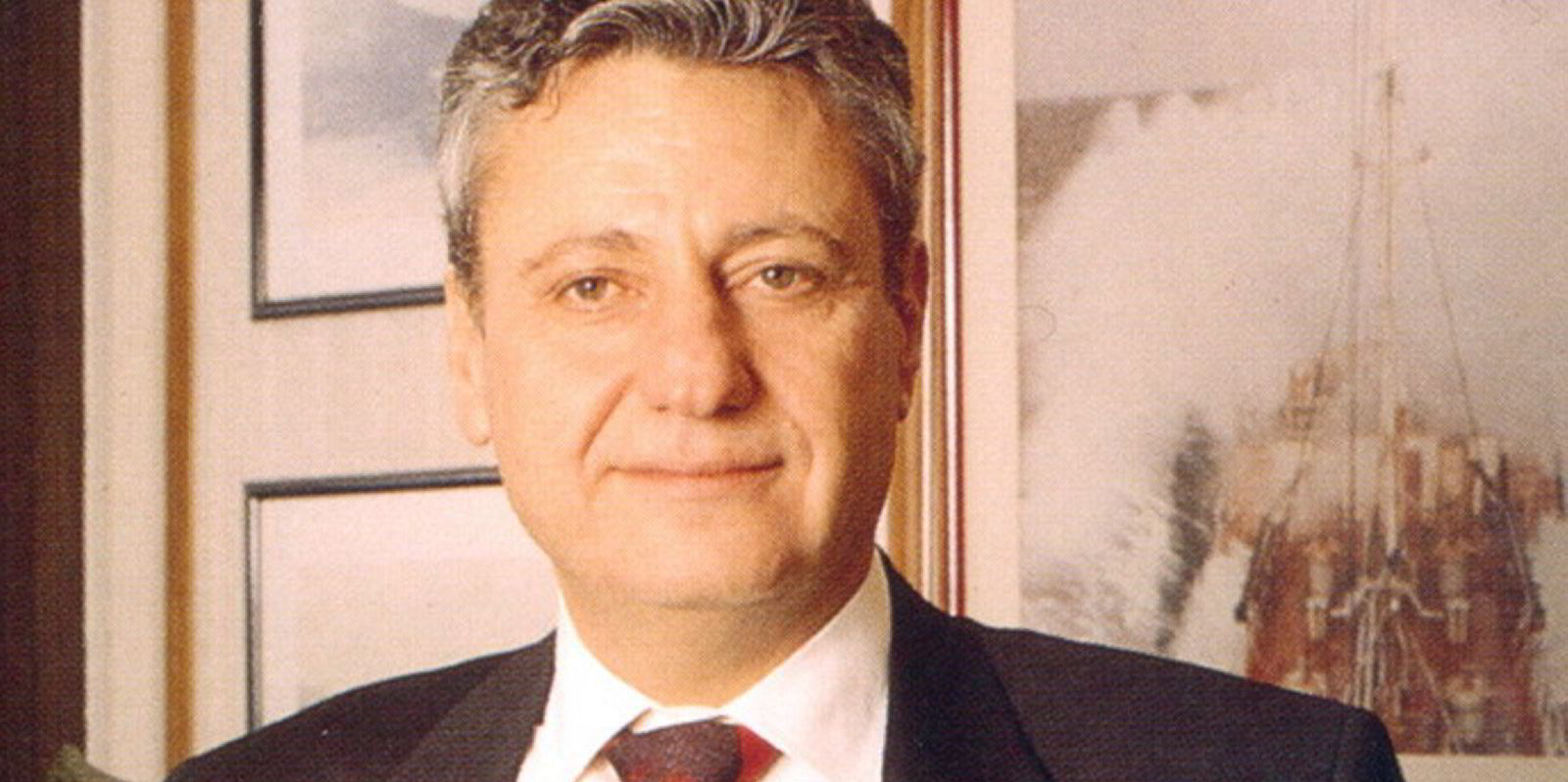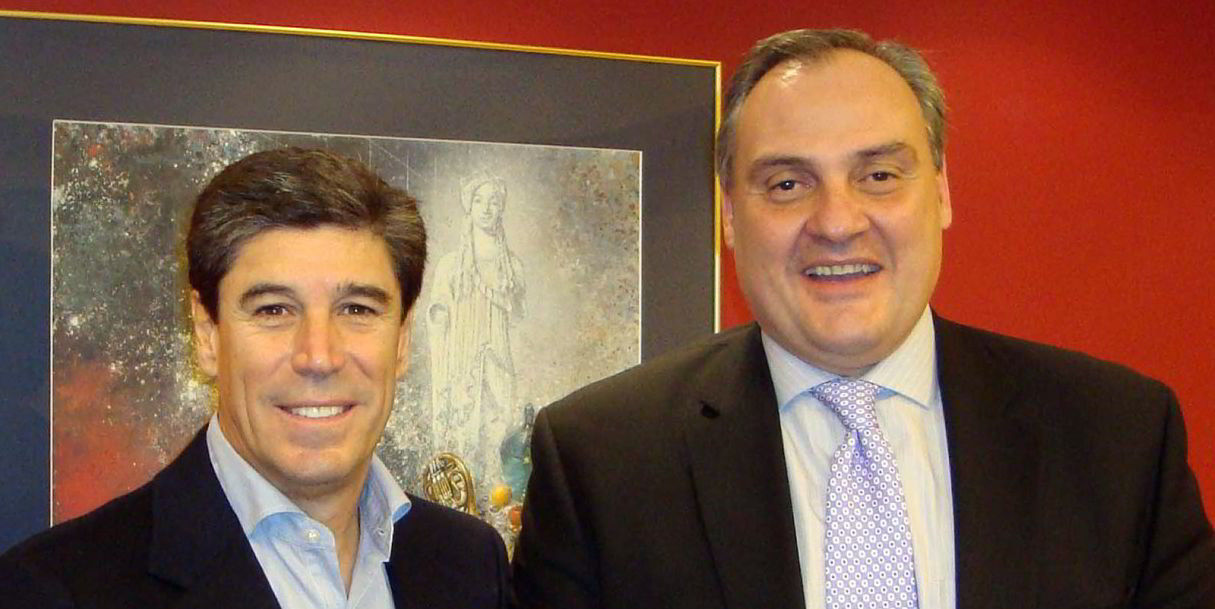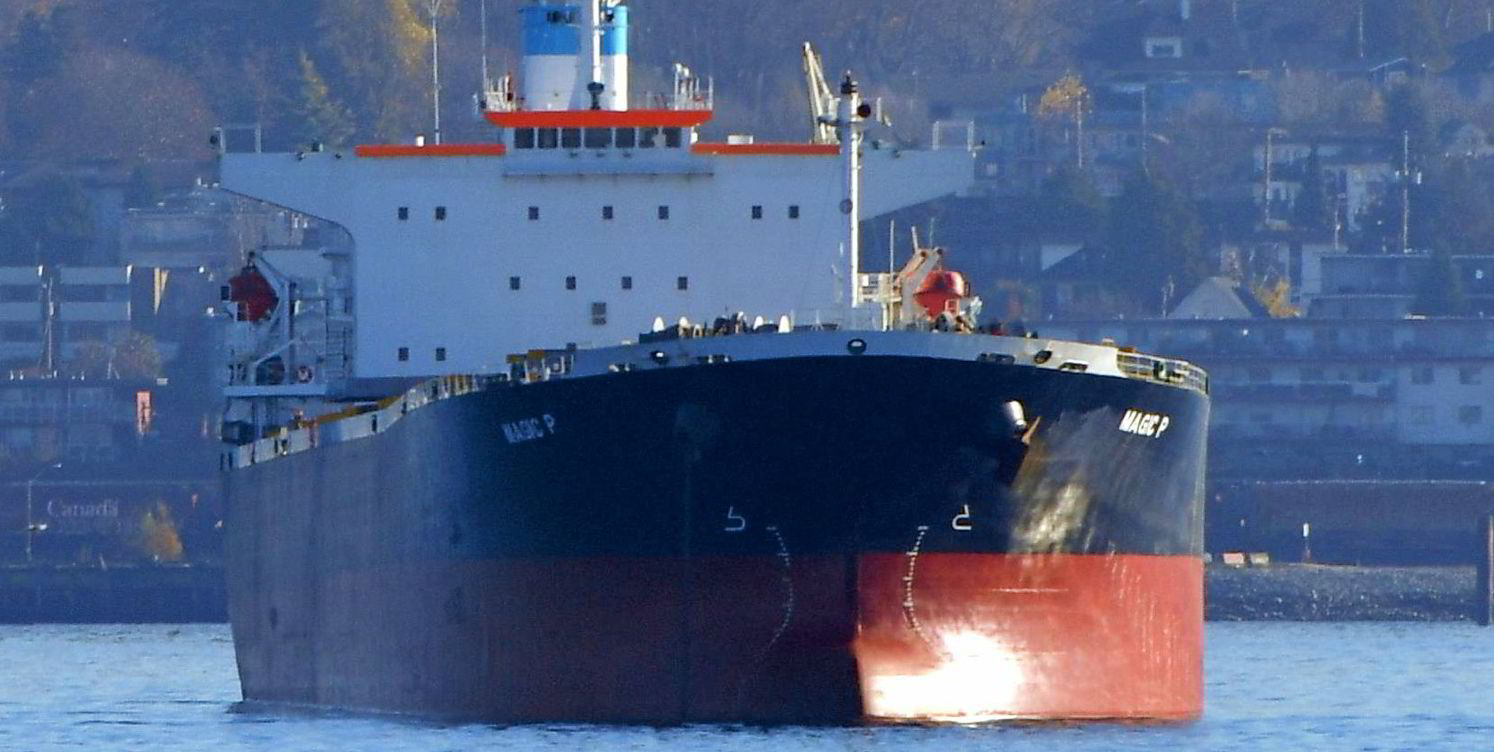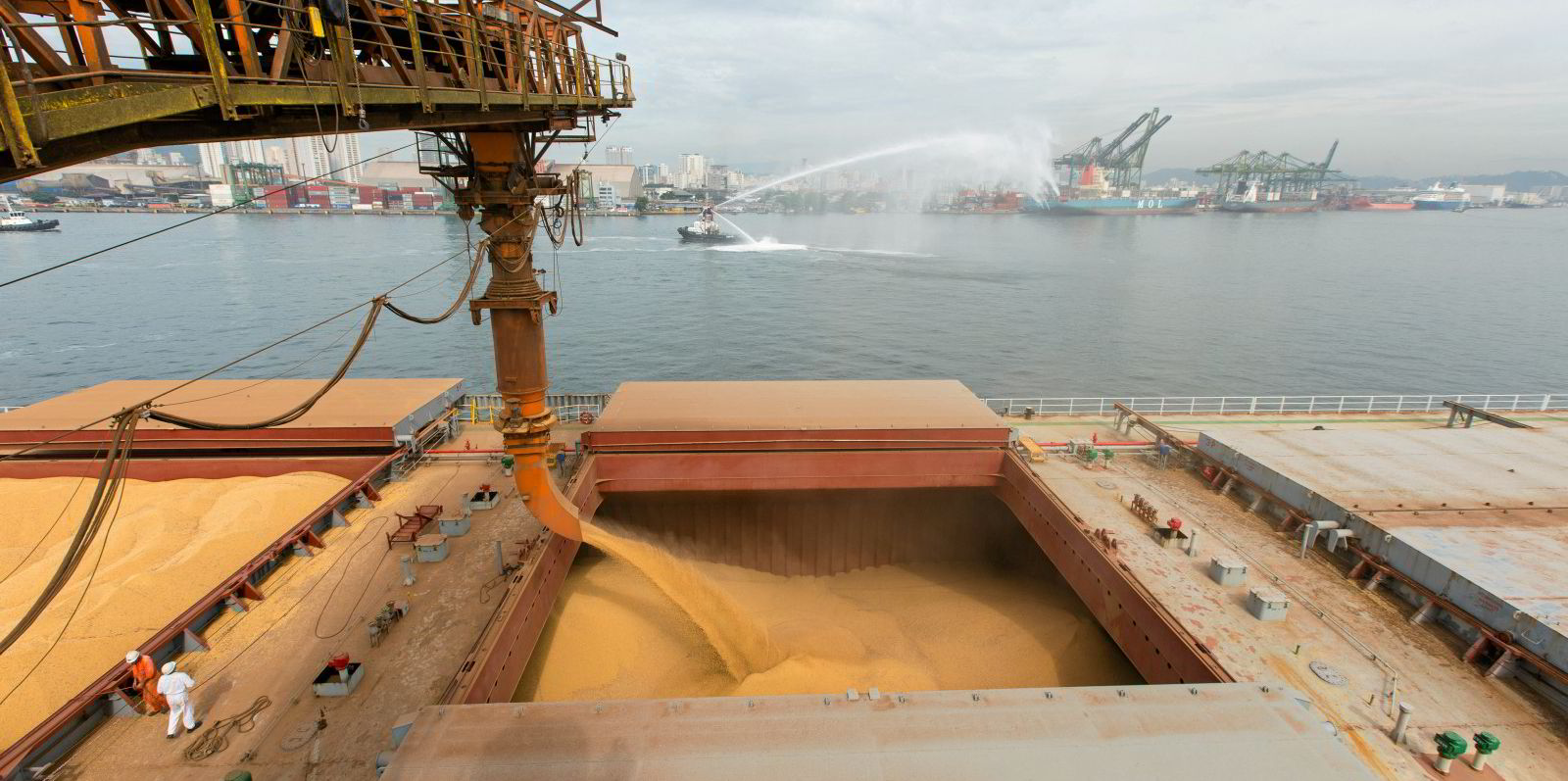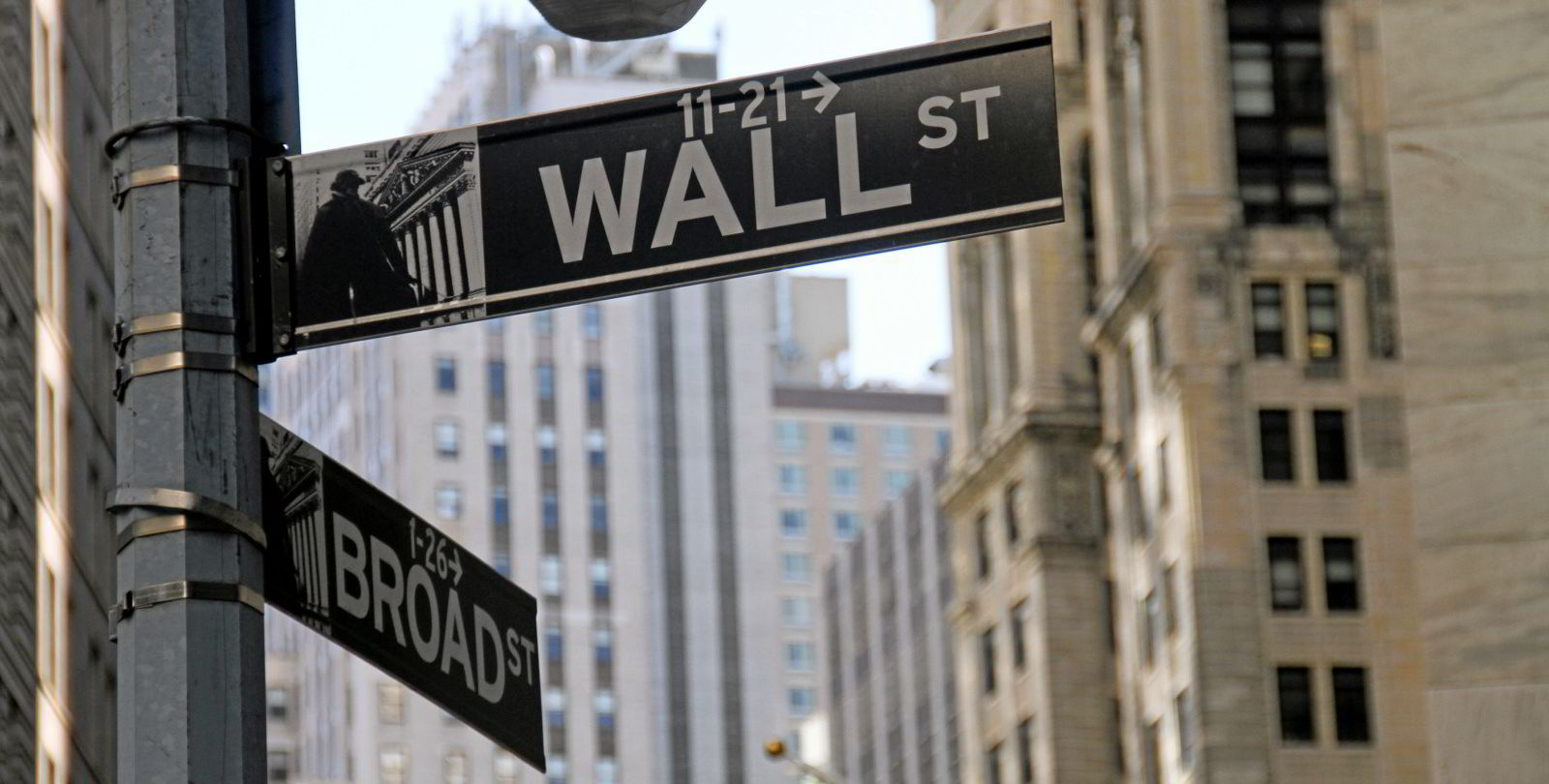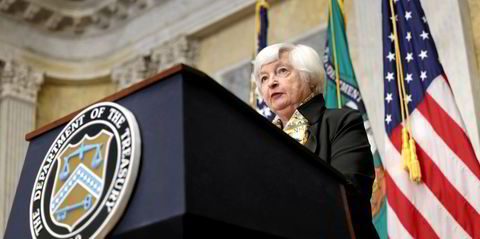An alternative ship finance platform backed by London's Hadjipateras family hopes to raise around $162m to acquire an initial portfolio of eight bulk carriers.
Major shipbroking shops Maersk Broker, Simpson Spence Young (SSY), Arrow Shipbroking Group and Barry Rogliano Salles (BRS) have agreed to formally partner with the Infinity Maritime platform to put forward potential acquisition candidates.
Other brokers are working with the platform too on a less formal basis, Infinity told TradeWinds.
Infinity aims to spend around $162m on buying an initial fleet of eight ultramax bulkers of less than five years old and is also leaning on its broker partners to find long-term charterers of its tonnage.
At some point in the near future, the platform will look to begin acquiring kamsarmax bulkers too and hopes to build up a modern "sustainable" fleet, the company told TradeWinds.
Infinity, which was born out of an entity called Magma that launched last year, is in the process of raising the cash and hopes to complete its fundraising efforts this quarter.
The platform itself provides fractional ownership of vessels through tokenisation -- investors will be able to buy tradeable asset-backed tokens or 'meta units' in order to invest in Infinity's asset portfolio.
John Marcos Hadjipateras, who is a director of Infinity alongside his cousin John Pantelis Hadjipateras, told TradeWinds that the platform is tapping high-net worth individuals, family offices, institutional investors and even banks for investment.
But the platform will not target retail investors, for whom the investment would not be suitable, he said.
Once Infinity has acquired its initial fleet, it will then look to appoint commercial and technical managers.
The cousins' ship management company, London-based John C Hadjipateras & Sons, will put its name forward to manage the fleet, but will be considered alongside others by Infinity's portfolio asset board, Hadjipateras said.
Secondary market
Infinity is specifically partnering with large broking shops that also have a freight derivatives desks, which it said will help it create a secondary market in which its meta units can be traded.
Omaid Hiwaizi, chief executive of Token Factory and Infinity's brand leader, said the platform has partnered with Valk, an investment and trading management service built on R3’s blockchain-based Corda platform, which underpins over 40 other investment banks.
Valk has put together Infinity's tech issuance platform for its meta units, which will allow investors to manage their units and make them available with buy prices, Hiwaizi told TradeWinds.
This tech will also allow investors to be "onboarded" properly and will also facilitate know-your-customer (KYC) and anti-money-laundering (AML) processes, he added.
A difficult sell?
But given that so many alternative finance platforms and their investors have had their fingers burned in shipping before, does this make Infinity a hard sell for would-be investors?
Hadjipateras does not think so because, he said, the platform has been designed to mitigate the risks that conventionally affect investors in tonnage.
"There are those who have traditionally invested in shipping, through either owning the steel sell through shares, who will know what they're investing in and they'll know what the risks are," he said.
"We've identified, through our research and conversations in the industry, that many of the risks are mitigated with this solution."
Added to this, he said, the platform and its secondary market will give investors the flexibility to manage their entry and exit points.
"We think that by having this alternative method — which allows the entry and exit to be much simpler, and not having to actually own the steel, physically, yourself -- the investor has more functionality and more flexibility," Hadjipateras said.
He said the Infinity platform aims to eliminate those risks that have burned investors in the past.
"It remains a risky business, but one of the one of the advantages of investing in shipping has always been the volatility," Hadjipateras said.
"Many people have said that it's not necessarily a high enough reward for the risk taken, but that potential high return is still there and if the risks are mitigated then it becomes a little bit more of an easier sell."

